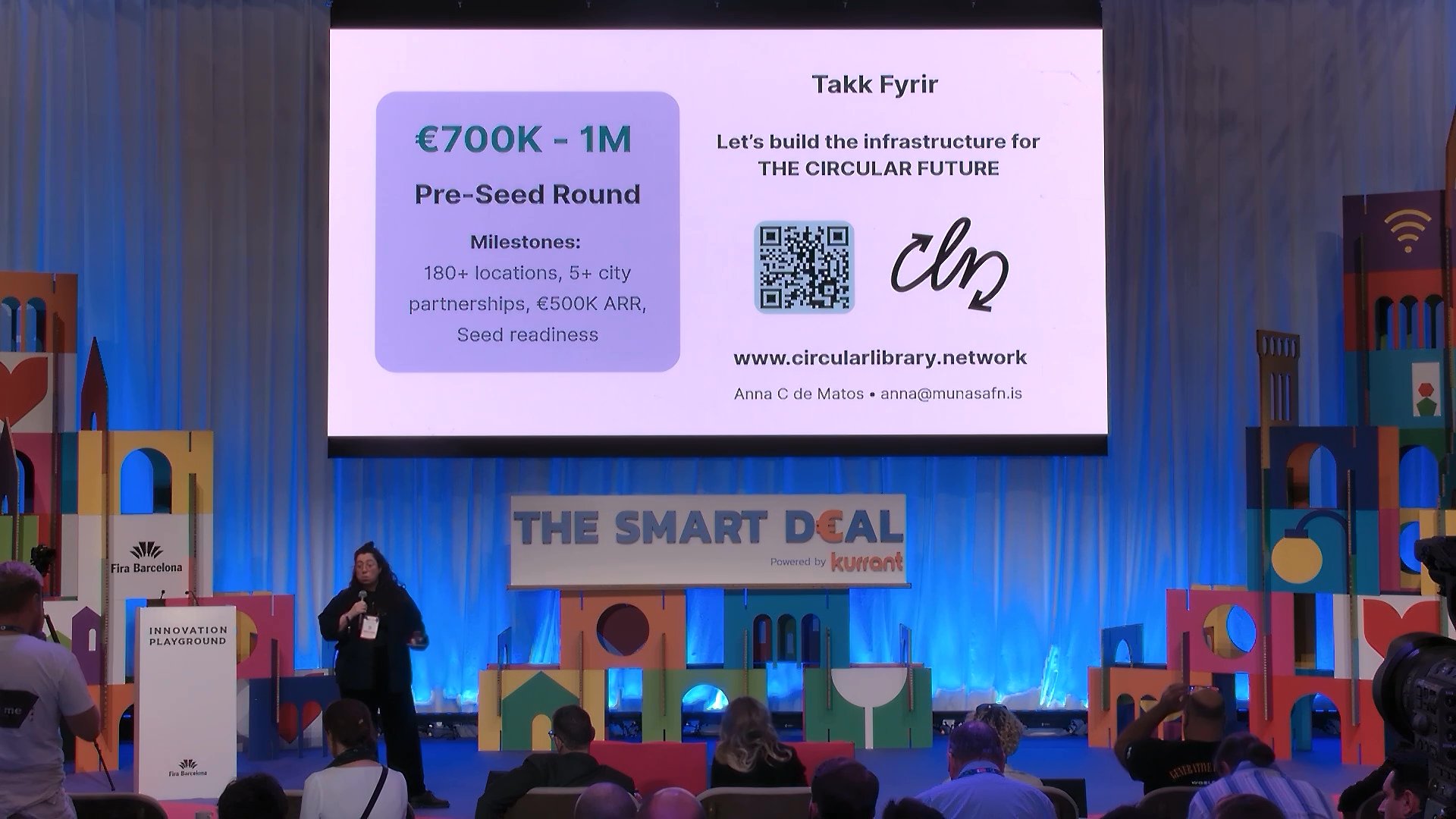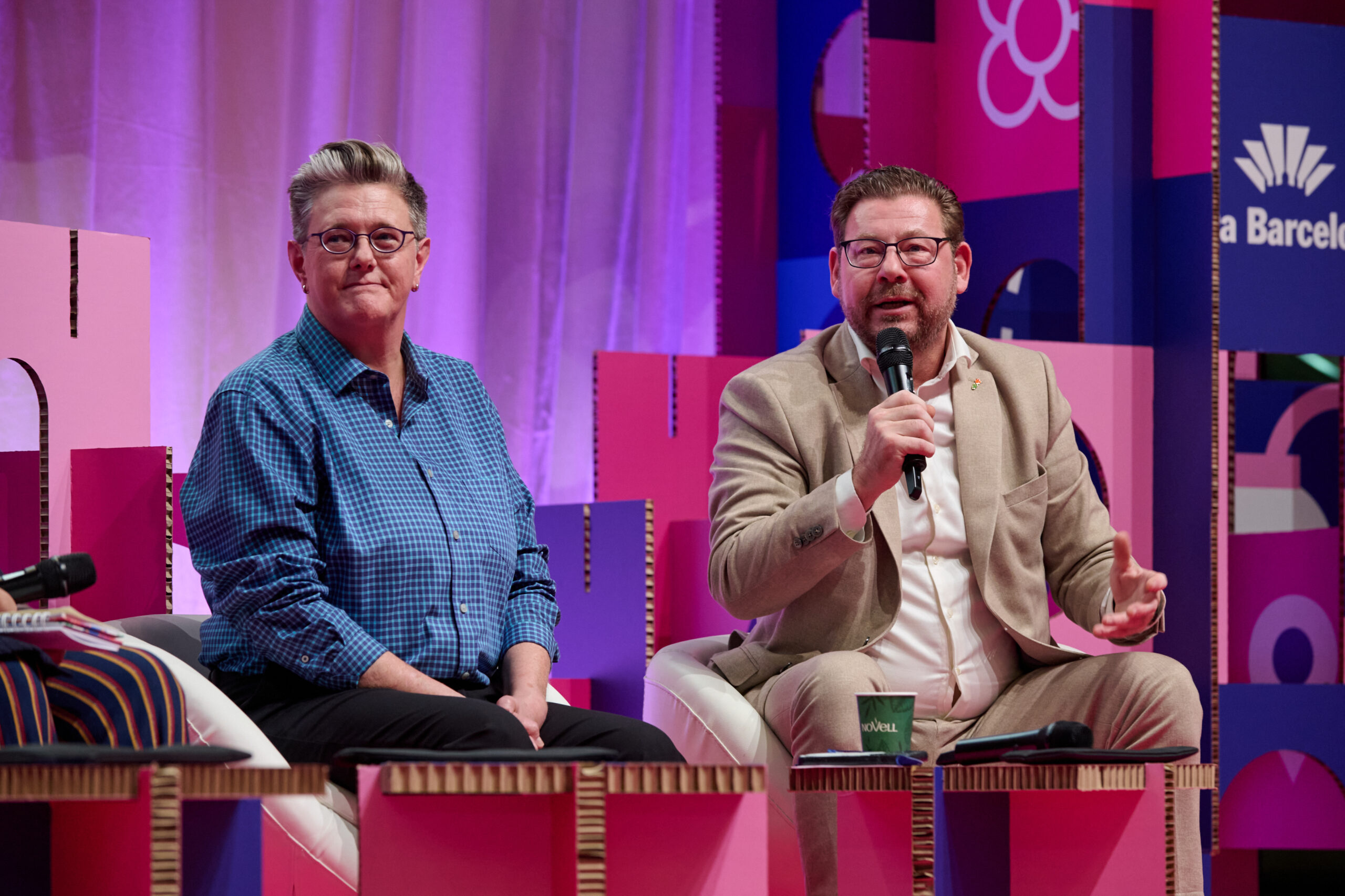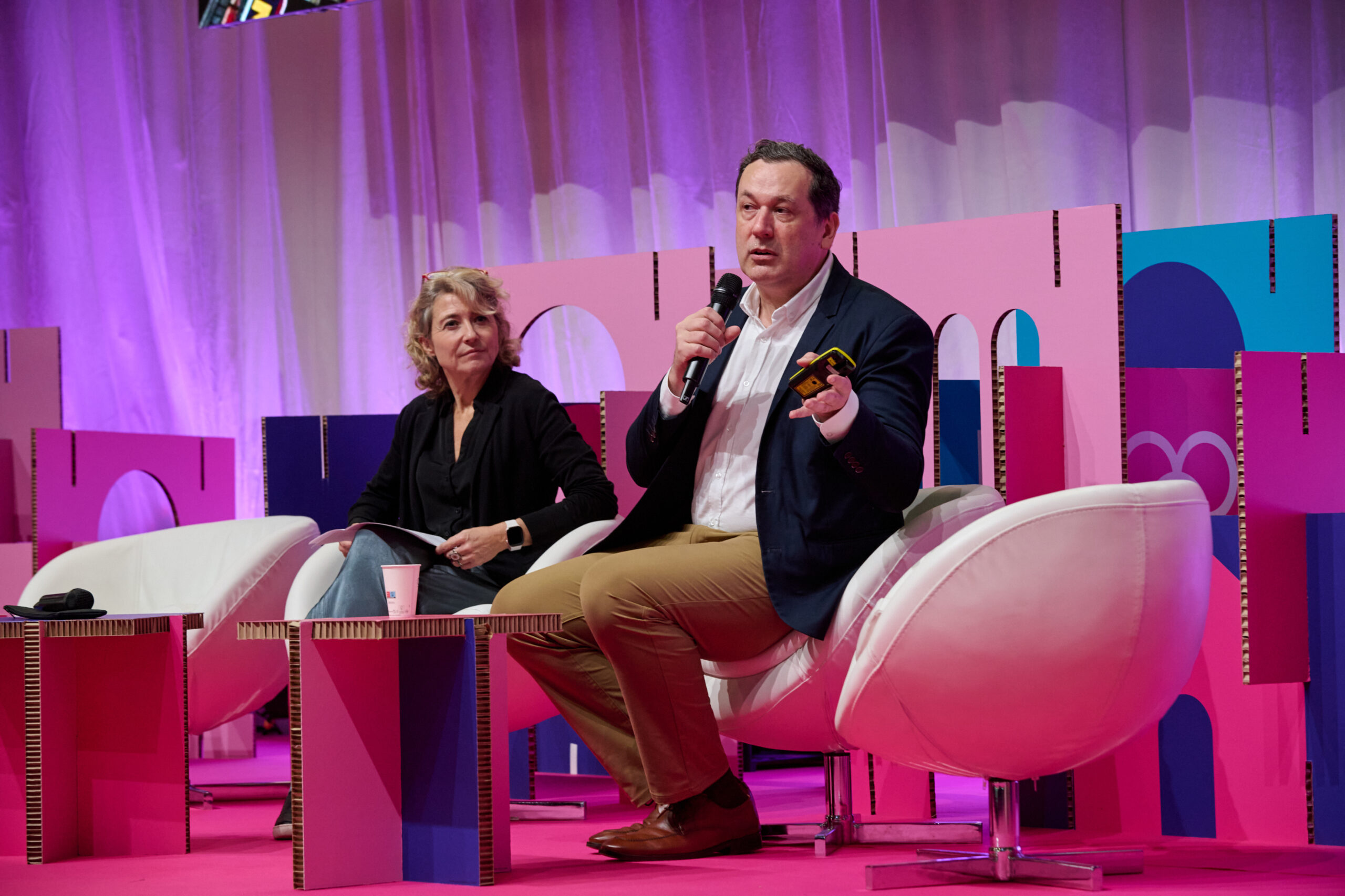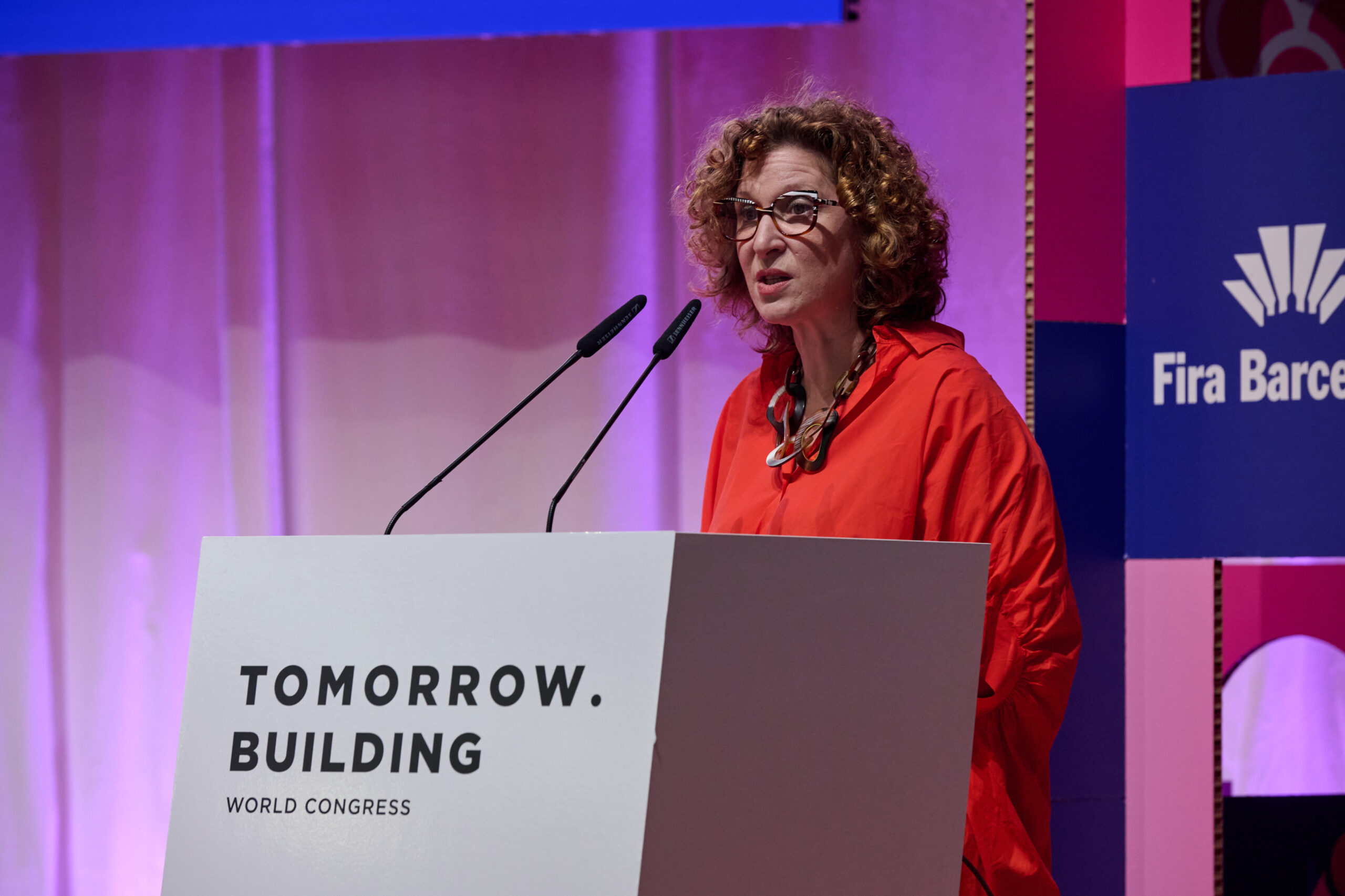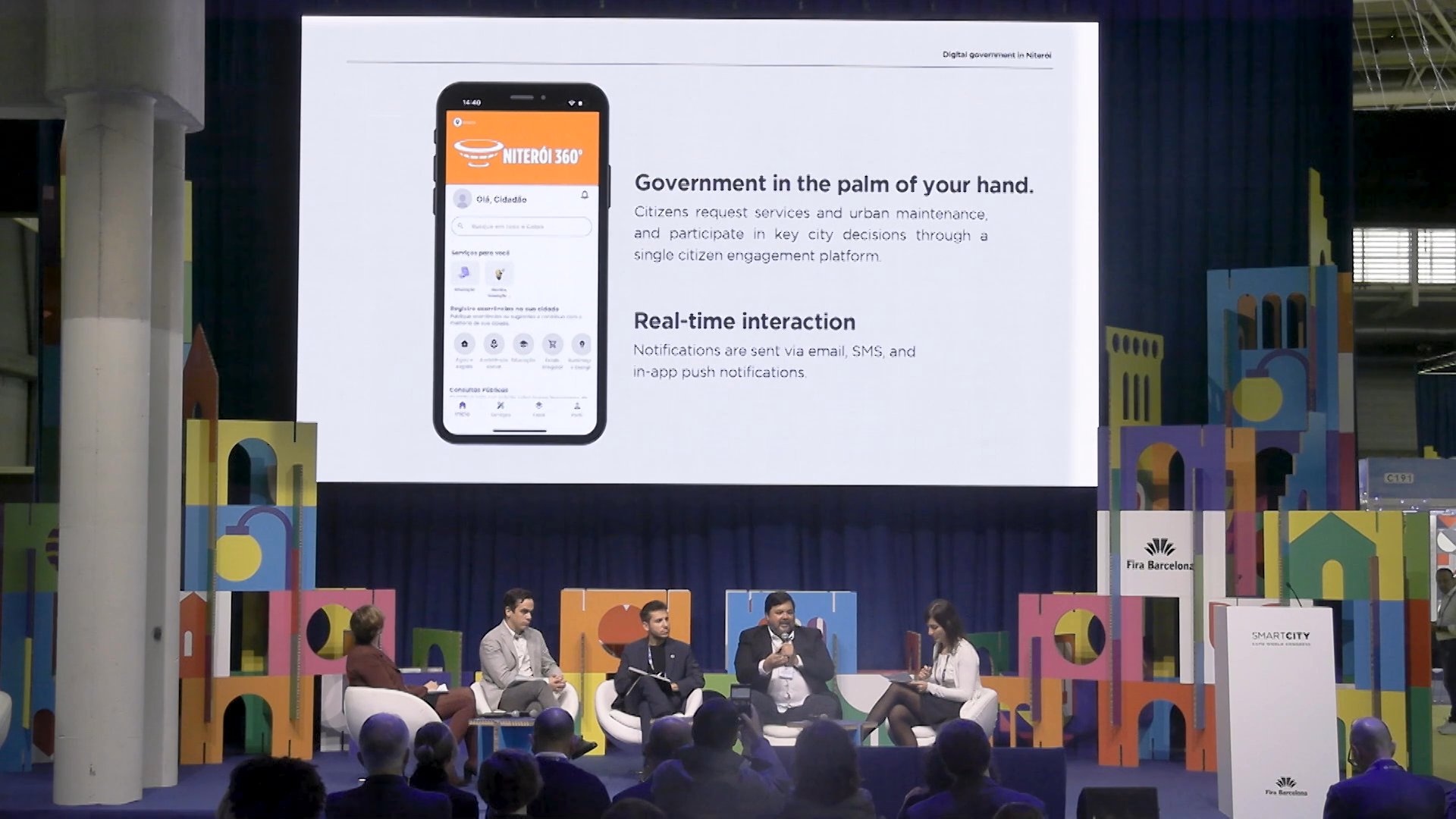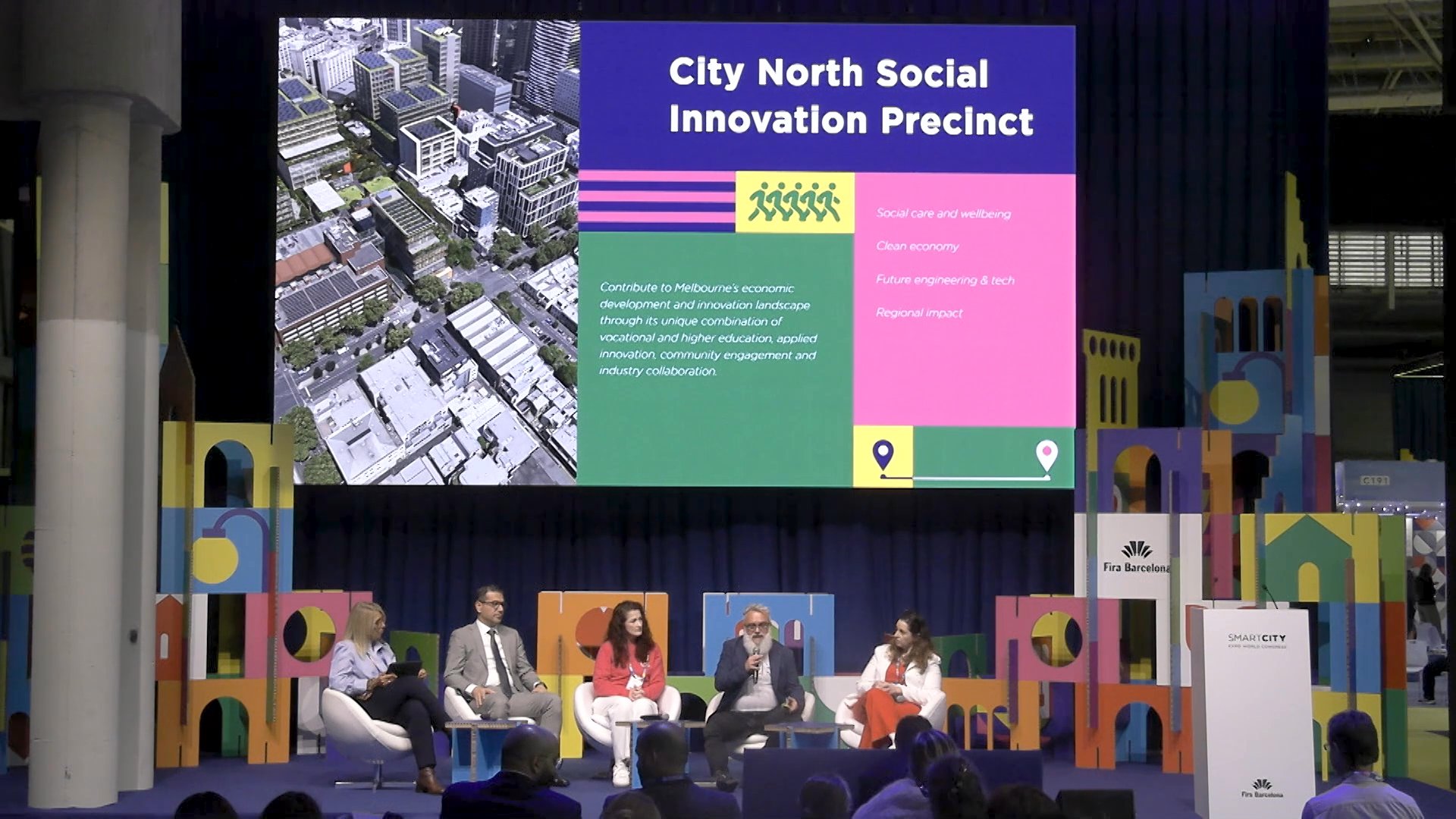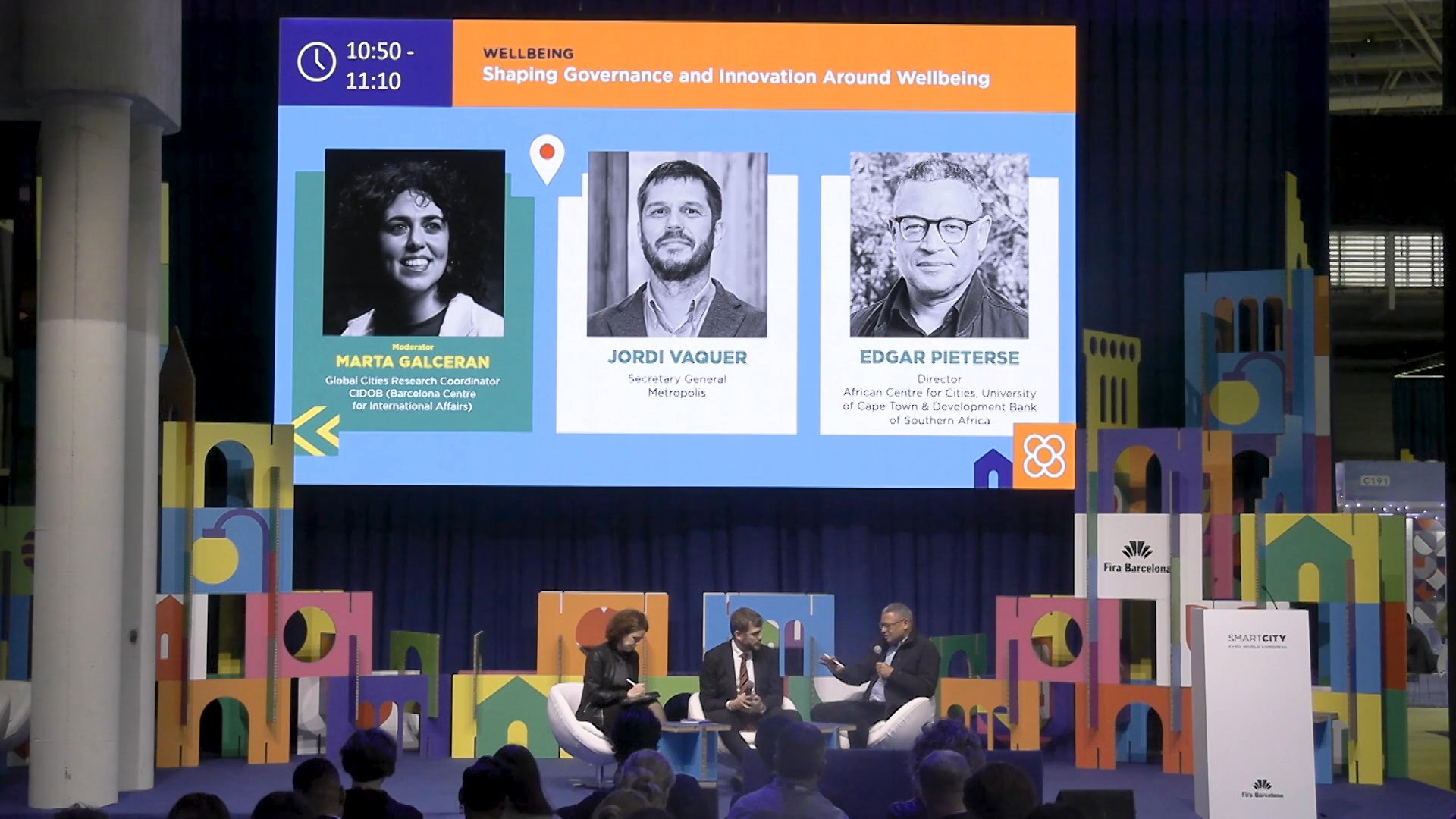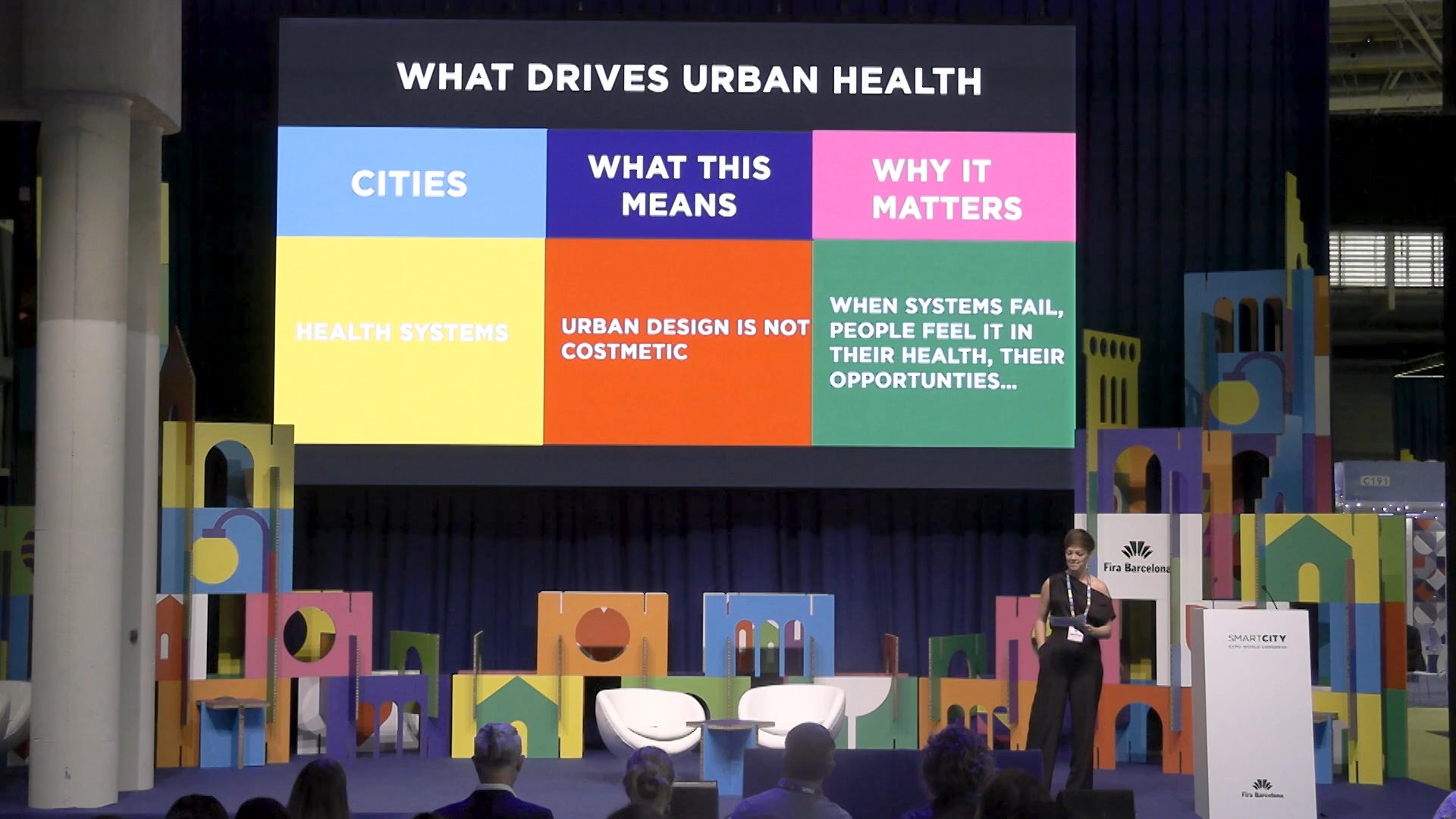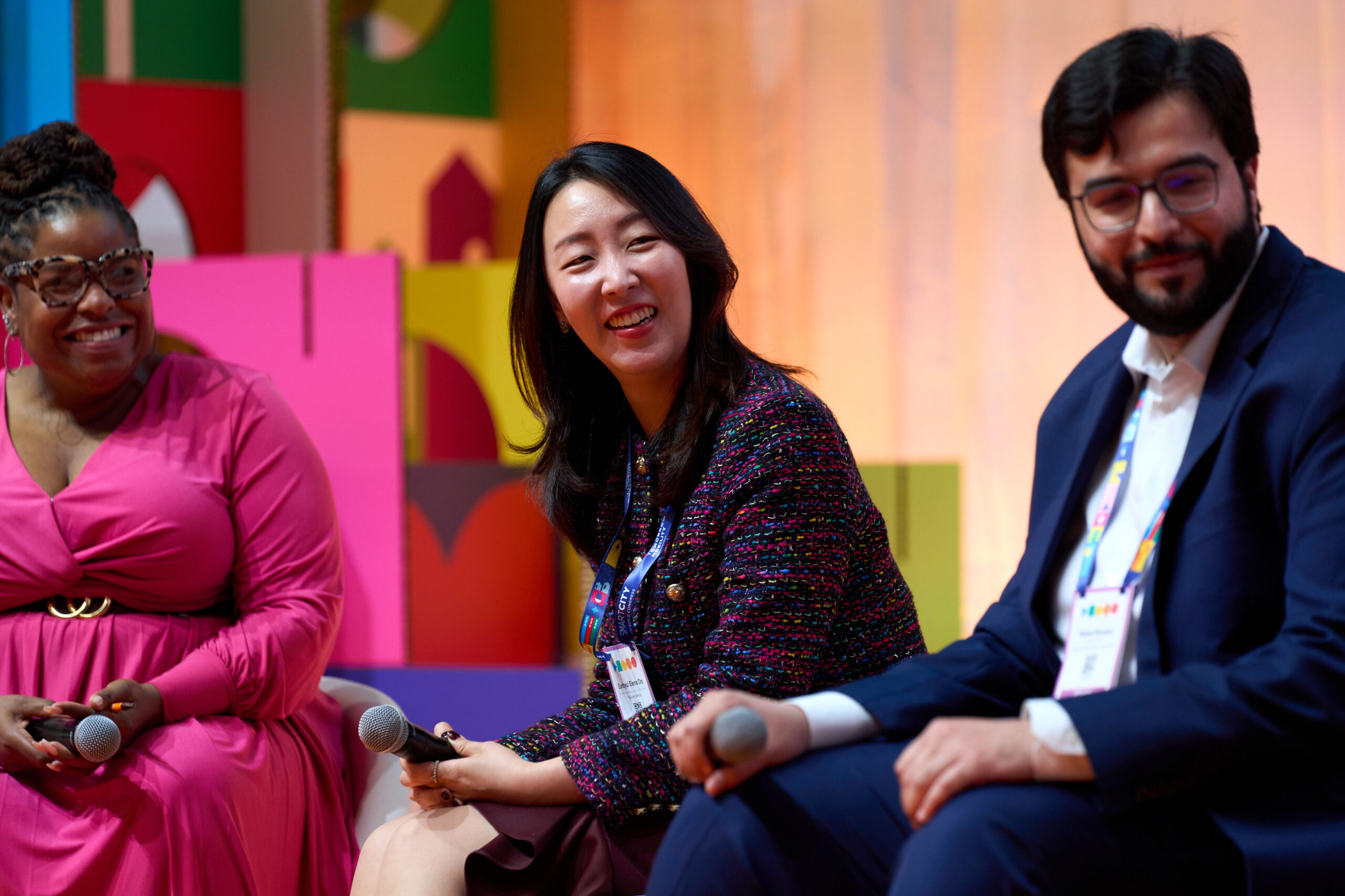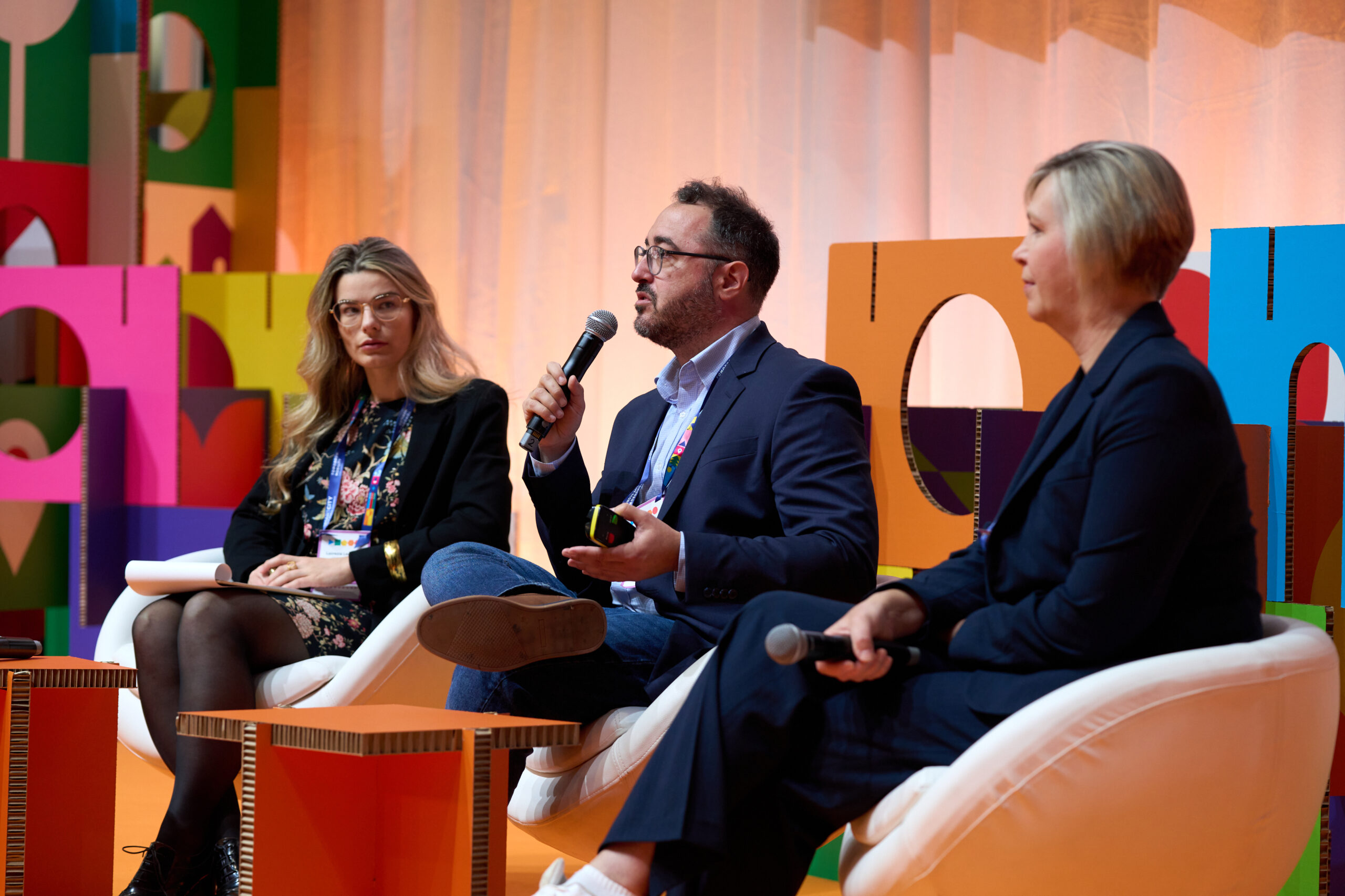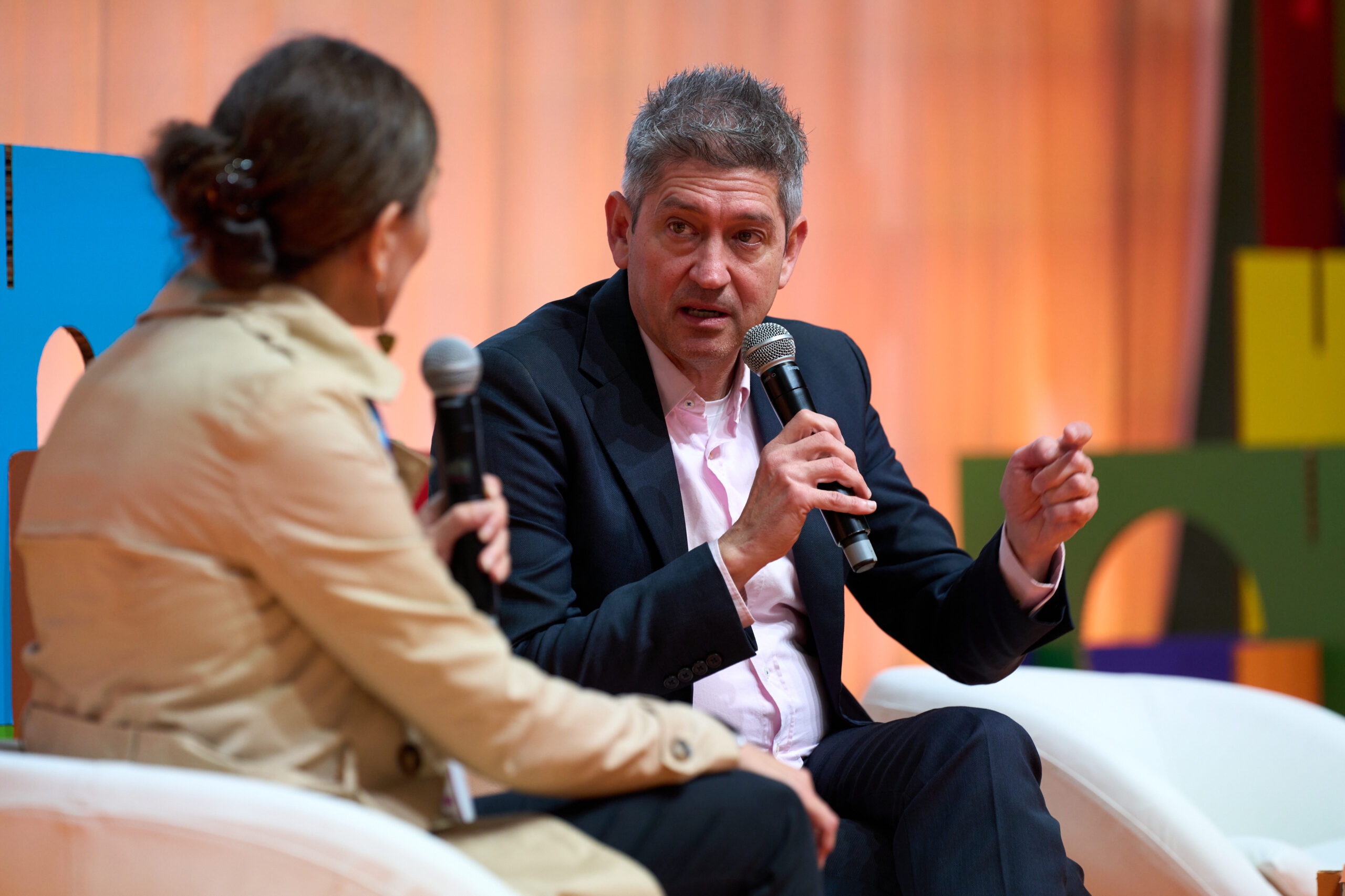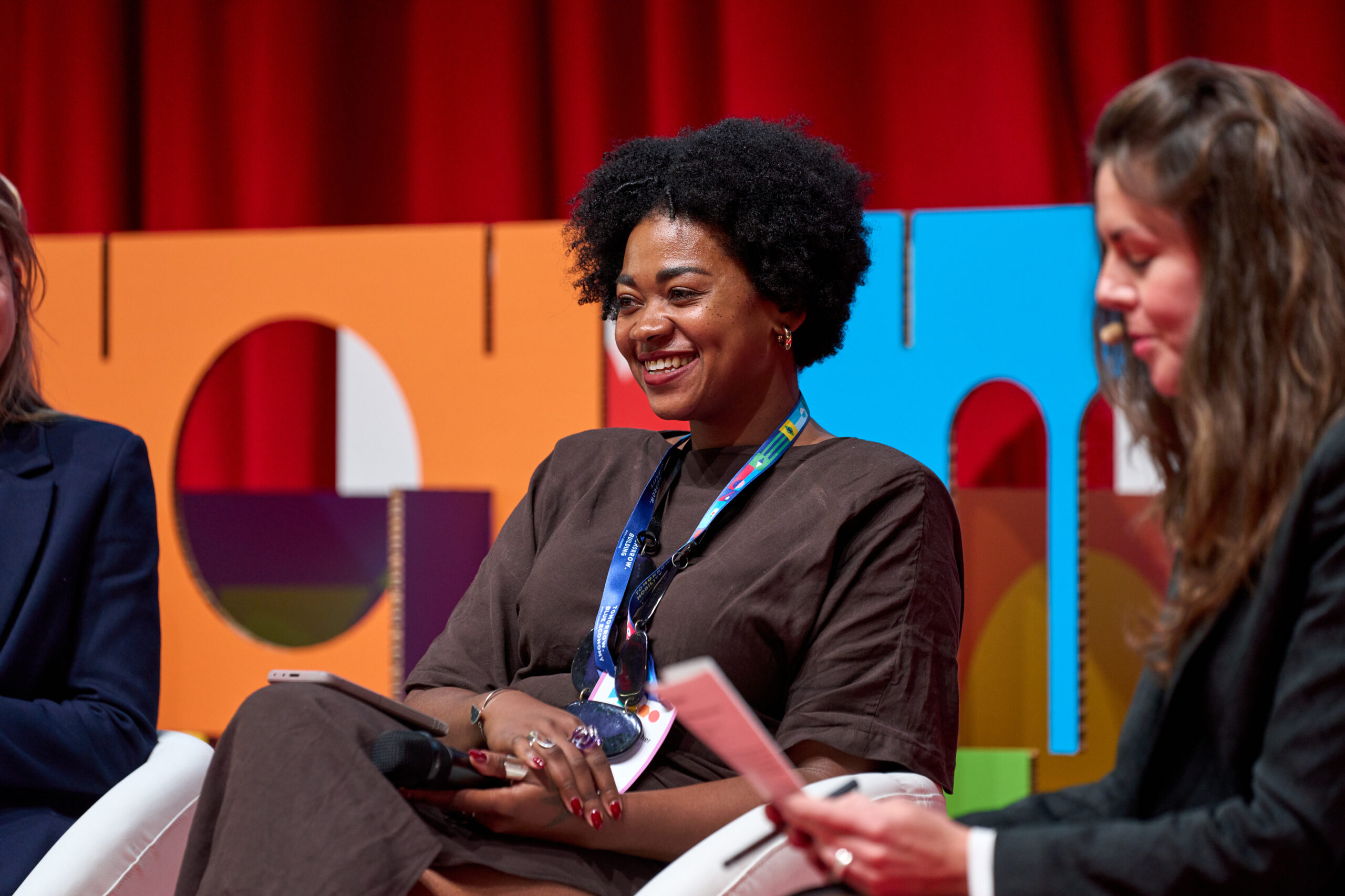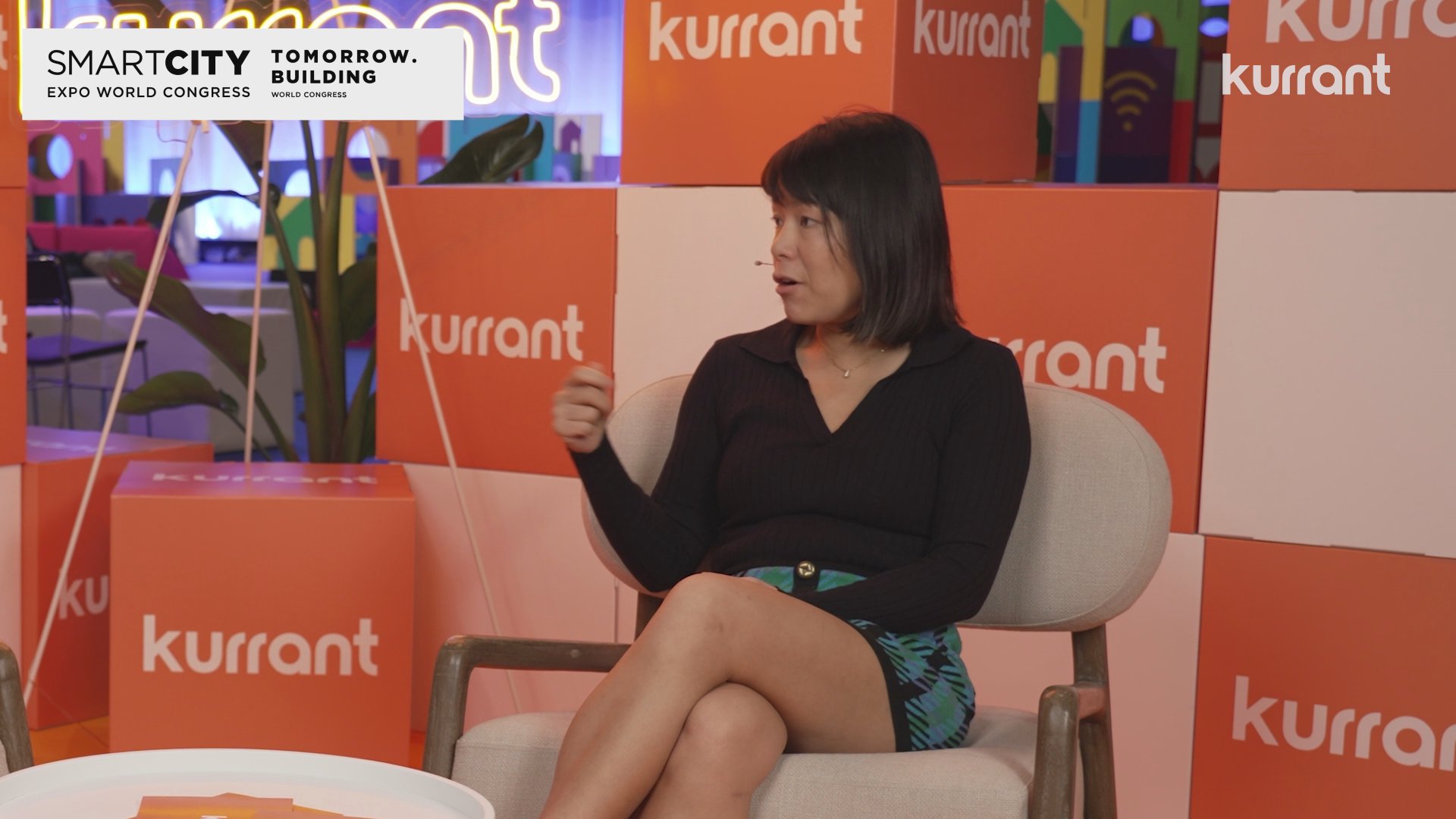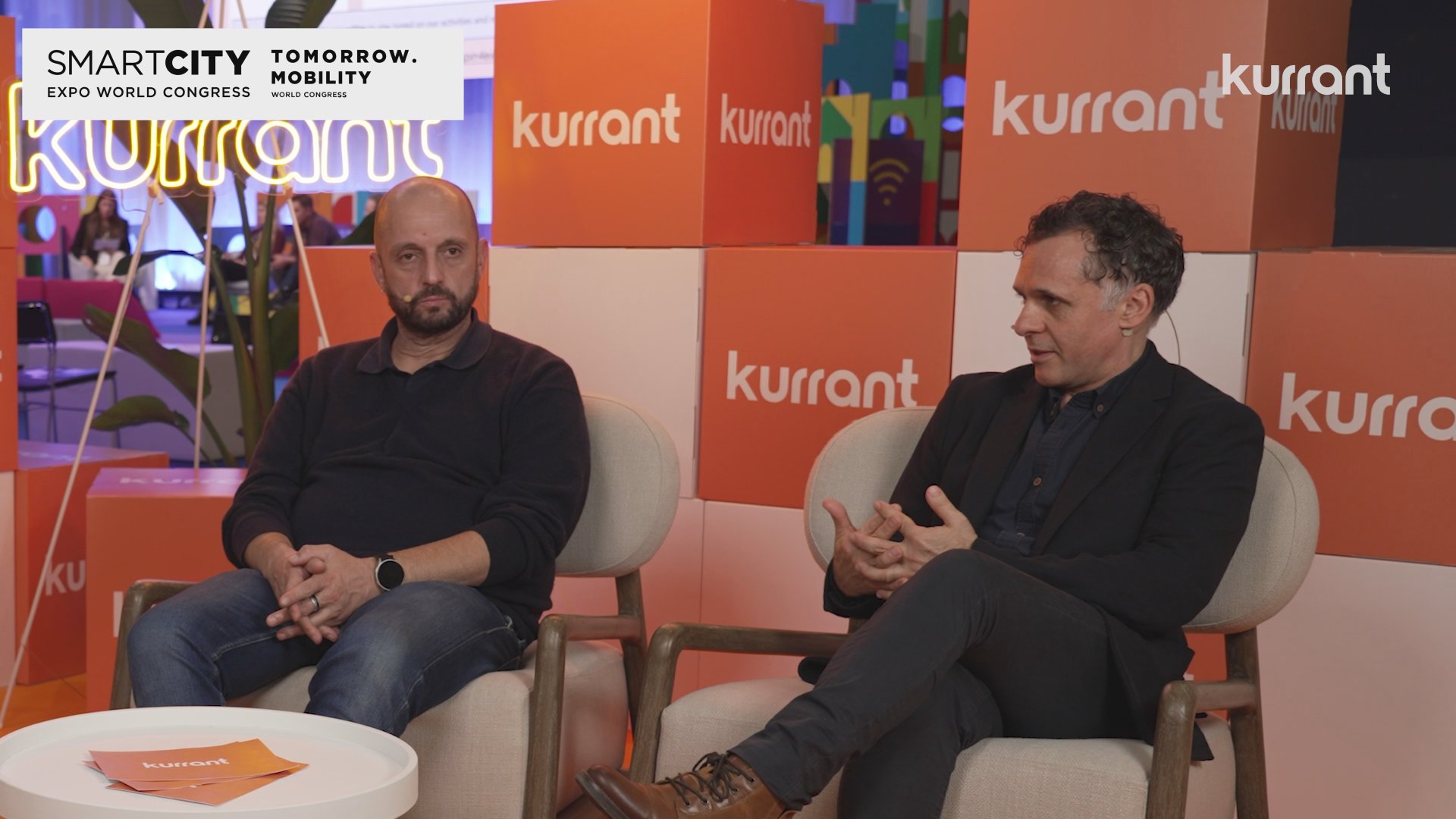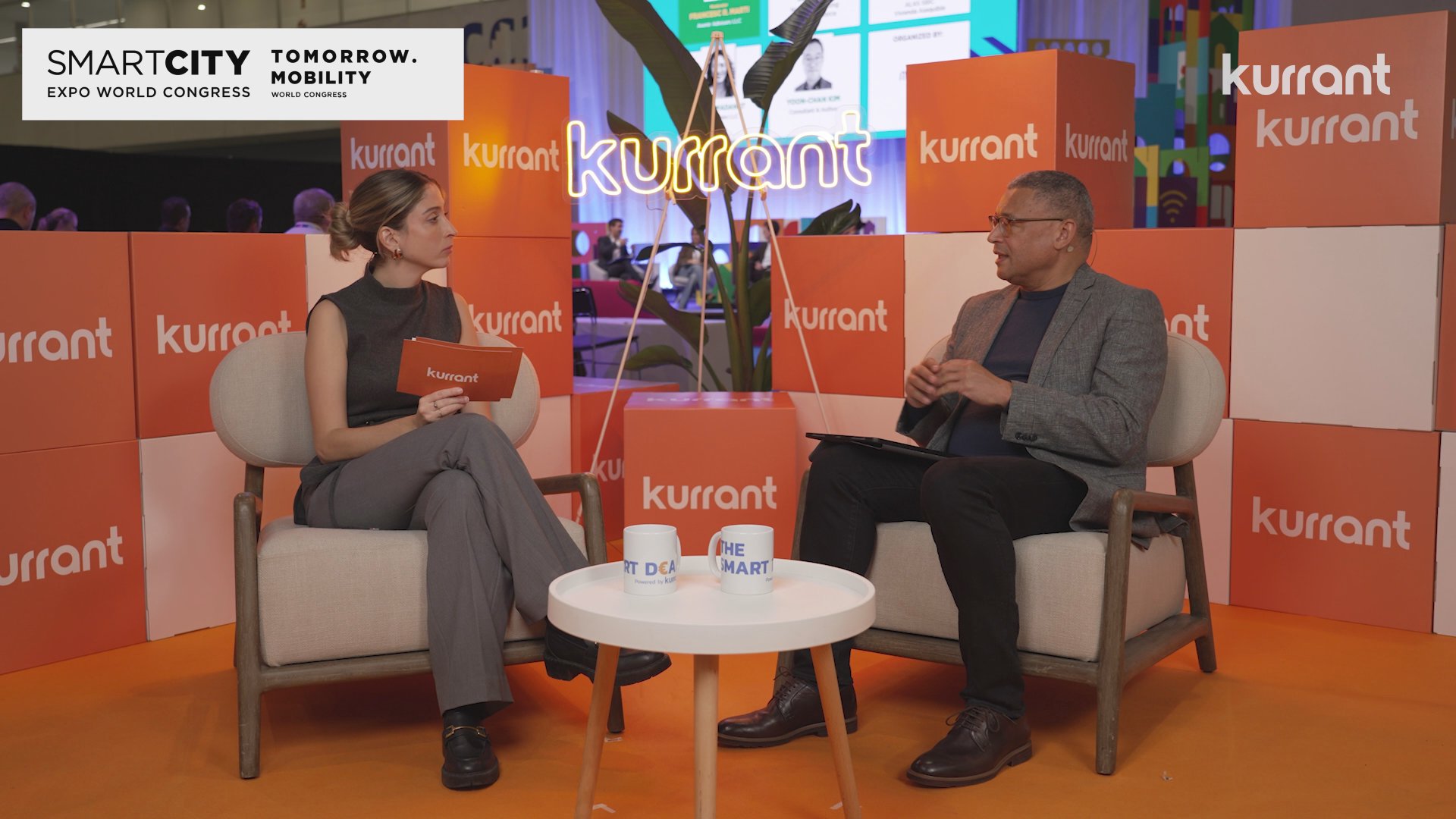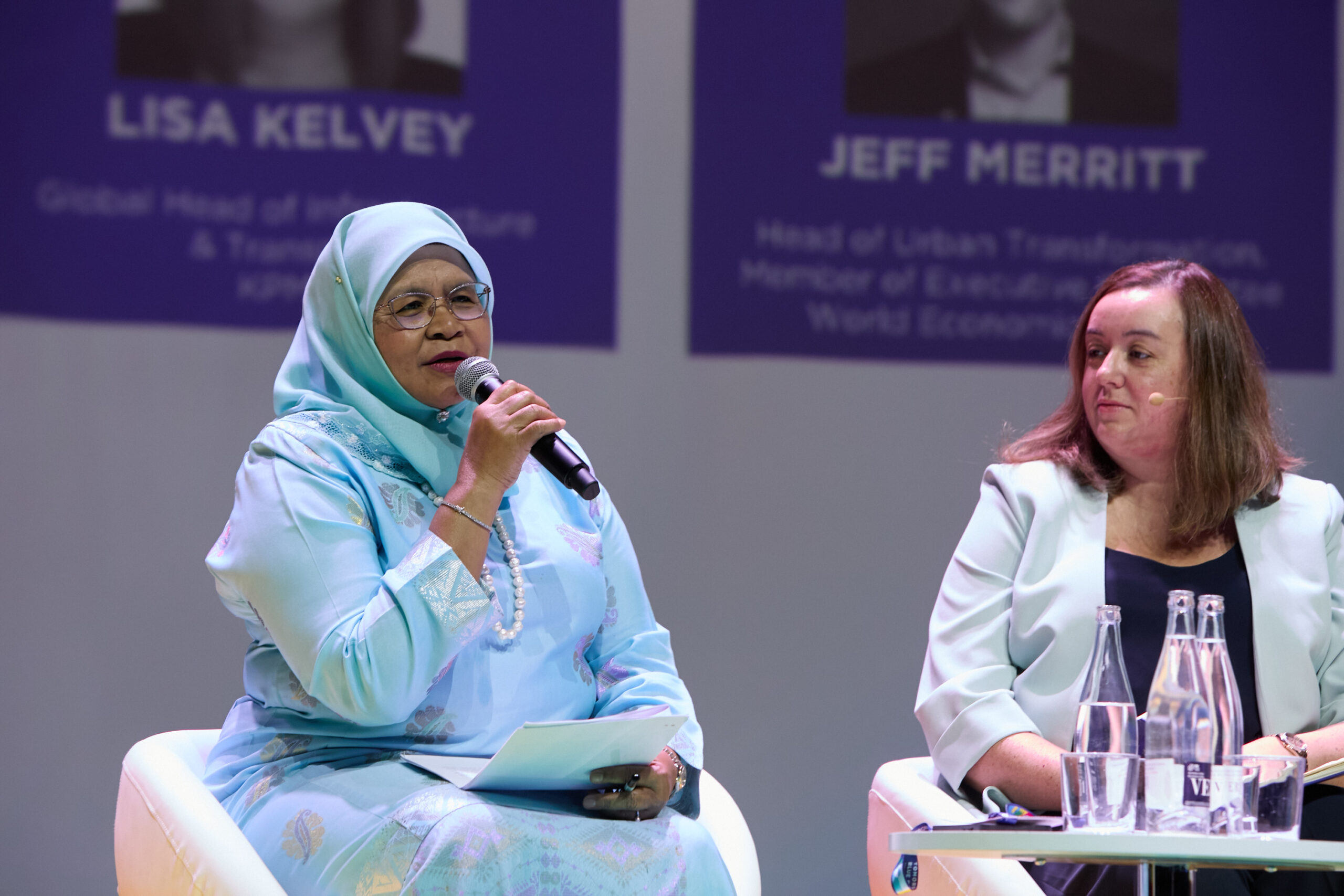Authors | Lucía Burbano, Raquel C. Pico
Birthplace, race or gender should not mean fewer opportunities. The fight for this equality, recognizing the origin of individuals, is the focus of social equity. Here we shall take a look at its objectives and obstacles and the case of one country, Iceland, which has practically managed to eradicate one of these social barriers, the gender barrier.
What is social equity?
Social equity takes into account systemic inequalities to ensure that all members of a community have access to the same opportunities.
This must not be confused with social equality, which differs from the former because although it includes a fair distribution of the same resources or opportunities for all individuals, it does not refer to an unfavorable social context in the way that social equity does.
Social equity fosters equal rights, opportunities and treatment through:
Economic benefits for everyone

The redistribution of wealth understood from public administrations as investments in infrastructure, health and education and social security benefits, can favor growth and equality. However, there are conflicting opinions in this regard at a macroeconomic level.
Improved relations between different communities
As outlined in the study ‘Equity, development and citizenship‘, social equity develops mechanisms that strengthen relationships of social solidarity and responsibility, both within groups and between them, to strengthen coexistence and collective development founded on tolerance of differences and a willingness to compromise.
Does Iceland stand out as a country with high levels of equity?
When considering the economies that excel in reducing inequity gaps, Nordic countries often come to mind as prime examples. The social and economic model of these countries is often hailed as a success story in promoting both social and gender equity.
Among these nations, Iceland stands out for its remarkable advancements achieved throughout the 20th century. These strides in diversity and inclusion have positioned Iceland as one of the most egalitarian countries, exemplifying exceptional equality in the 21st century. According to data from Statistics Iceland, the country’s statistics agency, Iceland has maintained a stable Gini coefficient despite global fluctuations caused by successive economic crises
At the end of 2022—the most recent year for which data is available—Iceland reported a Gini coefficient of 24.2 out of 100 (where 0 represents complete equity and 100 indicates the highest inequity), returning to levels last seen in 2018. That year marked Iceland’s achievement of its best Gini coefficient figures to date. In fact, Iceland ranks among the European countries with the lowest Gini coefficients. Only Slovakia (21.2) and Slovenia (23.1) boast lower Gini coefficients than Iceland. The European Union’s average Gini coefficient stands at 29.6.
Statistics Iceland highlights in its press release that “this suggests social assistance measures—such as financial aid from city councils, child benefits, social housing, unemployment support, and disability payments—effectively mitigate inequity.” Iceland boasts a robust network of public services that comprehensively address various areas. Iceland’s experience also underscores the notion that efforts to address inequality and promote diversity increasingly begin at the municipal level.
However, Iceland’s most notable success in combating inequity and inequality is perhaps its comprehensive strategy to achieve gender equality and close the gender gap. Thanks to the measures implemented in recent decades, Iceland is widely regarded as a feminist country, celebrated for its significant advancements and achievements in women’s rights.
Iceland, a model of gender equity
Iceland and its policies to close the gender gap are unique in the world. Iceland tops the latest Global Gender Gap Index, released by the World Economic Forum in the spring of 2024.
In fact, Iceland has consistently held this position for several years Since surpassing Norway to claim the top spot in 2009, Iceland has maintained its unwavering leadership in gender equality. Iceland has now closed 93.5% of the gender gap, far surpassing the global average of 68.5%. Finland and Norway hold the silver and bronze positions on the global podium for women’s rights, trailing Iceland by 6 percentage points.
A pivotal milestone in Iceland’s journey toward gender equality was the general strike led by Icelandic women on October 24, 1974, which marked a turning point for effective change. The strike was a protest against the gender pay gap and the lack of commitment from public administrations to address these pressing issues. In fact, as journalist Egill Bjarnason highlights in his book How Iceland Changed the World, a politician at the time claimed that the issue of the gender pay gap had been resolved simply because a law addressing it had been passed. This was far from the truth, as women continued to earn only 70% of what men were paid.
An astounding 90% of women participated in the strike, effectively bringing the entire country to a standstill. From that moment forward, Iceland adopted active measures to promote gender equality, such as implementing maternity leave policies,— while the prominence of women in positions of power began to increase. Right now, gender equity is even one of the country’s key collective identity aspects, which prepares budgets and measures with an active gender perspective. All these efforts have brought about profound changes, propelling Iceland toward greater gender equality.
These are the areas in which it has achieved this:
Politics
In the past 40 years, the percentage of women in parliament has increased considerably, with women currently representing 47.6% of the chamber. The Nordic island became the first country to elect a female Head of State in the world: Vigdis Finnbogadottir in 1980.
Business
This advancement has been reflected in a series of policies such as the one requiring a female ratio of at least 40% in companies, including the board of directors. Companies are required to pay male and female employees an equal salary for jobs of equal value and they must submit an equality plan every two years.
Education
The Hjalli method, developed by the educator and feminist Margrét Pála Ólafsdóttir, separates girls and boys in nursery and primary schools to work on strengths and weaknesses, differences and different paces of development in ‘neutral’ spaces free of gender-associated stereotypes to empower both boys and girls.
In universities today, more than 60% of students are women.
Legislation
The Icelandic government has two gender equity laws and three social equity laws. Every four years, the Prime Minister submits to parliament a motion for a parliamentary resolution on a four-year gender equality action plan after having received proposals made by the ministries and after consultation with the Directorate of Equality.
Images | Chris Slupski, Cassie Boca






